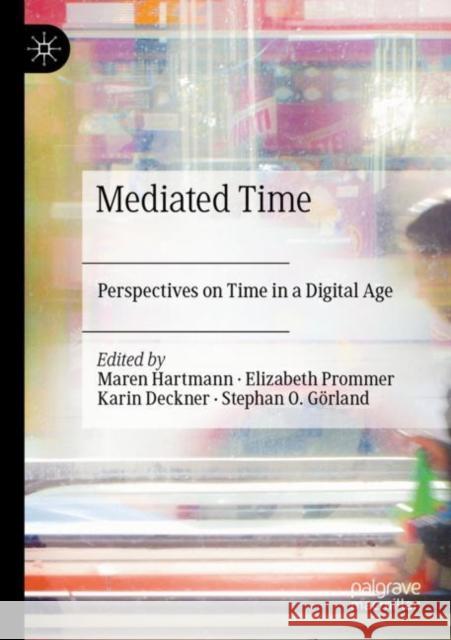Mediated Time: Perspectives on Time in a Digital Age » książka
topmenu
Mediated Time: Perspectives on Time in a Digital Age
ISBN-13: 9783030249526 / Angielski / Miękka / 2020 / 365 str.
Mediated Time: Perspectives on Time in a Digital Age
ISBN-13: 9783030249526 / Angielski / Miękka / 2020 / 365 str.
cena 327,68 zł
(netto: 312,08 VAT: 5%)
Najniższa cena z 30 dni: 325,42 zł
(netto: 312,08 VAT: 5%)
Najniższa cena z 30 dni: 325,42 zł
Termin realizacji zamówienia:
ok. 20 dni roboczych.
ok. 20 dni roboczych.
Darmowa dostawa!
Kategorie:
Kategorie BISAC:
Wydawca:
Palgrave MacMillan
Język:
Angielski
ISBN-13:
9783030249526
Rok wydania:
2020
Wydanie:
2019
Ilość stron:
365
Waga:
0.45 kg
Wymiary:
21.01 x 14.81 x 2.01
Oprawa:
Miękka
Wolumenów:
01
Dodatkowe informacje:
Wydanie ilustrowane











